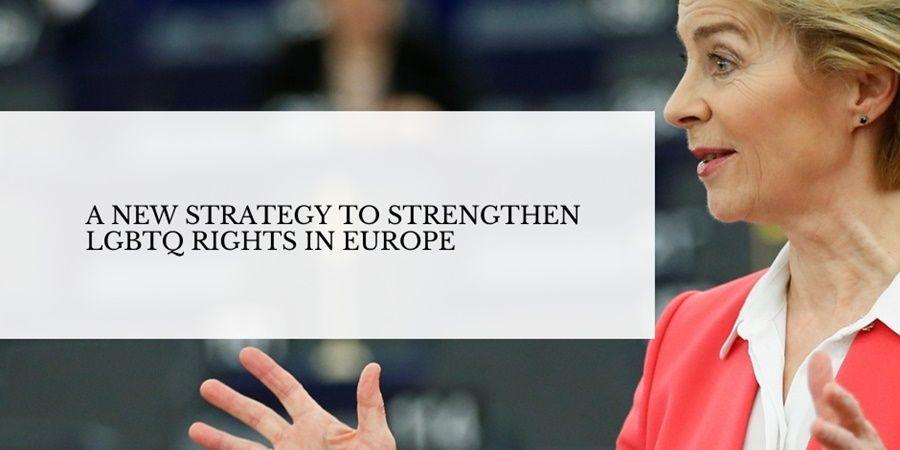
A disturbing trend took hold in Poland last year, one that sent shockwaves throughout the European Union and beyond.

A disturbing trend took hold in Poland last year, one that sent shockwaves throughout the European Union and beyond.
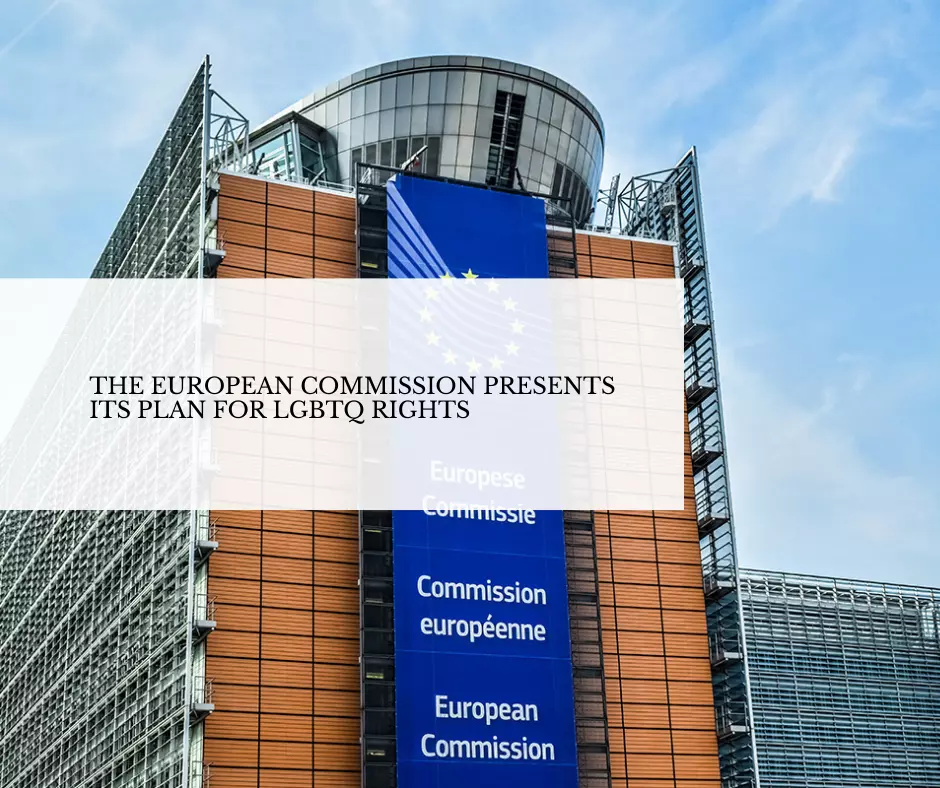
We have gained insights into the European Commission's proposed plan for advancing LGBTQ rights.
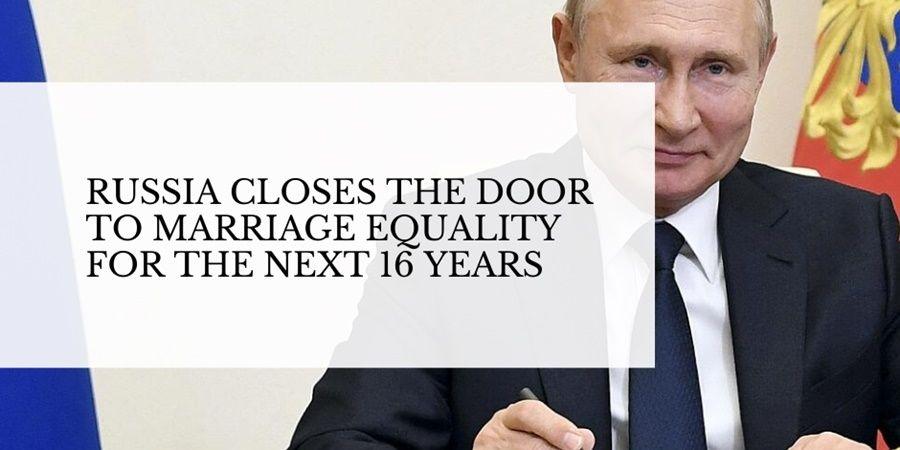
Well, in Russia, it’s no fun for the LGBTQ community!
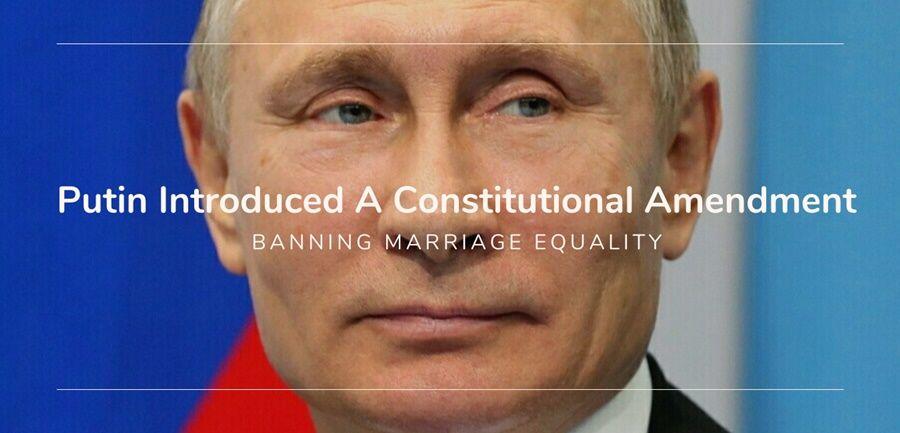
Russian President Vladimir Putin has stated in a recent interview his intention to prohibit marriage equality in the Russian constitution with an amendment.

In a move that human rights groups have widely condemned, Russia has announced plans to double fines for “LGBTQ propaganda” directed at children. The new law will also extend the definition of “propaganda” to include any content that is shared with adults.
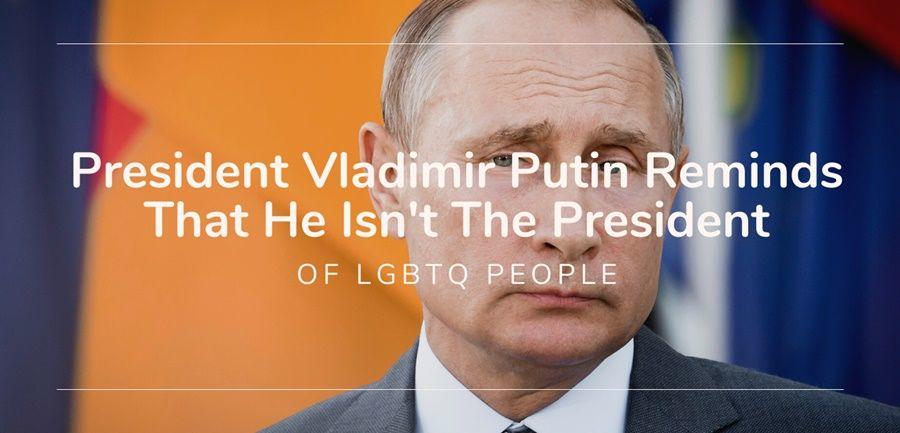
Russia is anti-LGBTQ as you know. The anti-LGBTQ “propaganda” law adopted in 2013 prevents any public existence of our community without fear of arrests and there is increasing violence against LGBTQ+ people.
President Vladimir Putin recently held a press conference, as there may soon be changed in the Russian constitution. They mentioned LGBTQ rights during this conference, and this is what they said:

The dissolution of the Charitable Foundation Sphere has sparked outrage within the LGBTQ+ community in Russia.
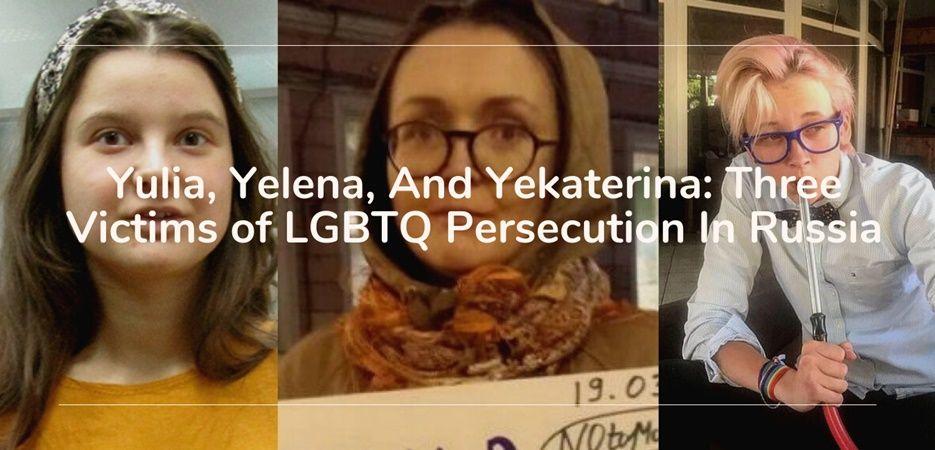
Yulia Tsvetkova, Yelena Grigoryeva, and Yekaterina Lysikh are proud of being LGBTQ women. Recently, all three were victims of violence, and one of them did not recover from it.